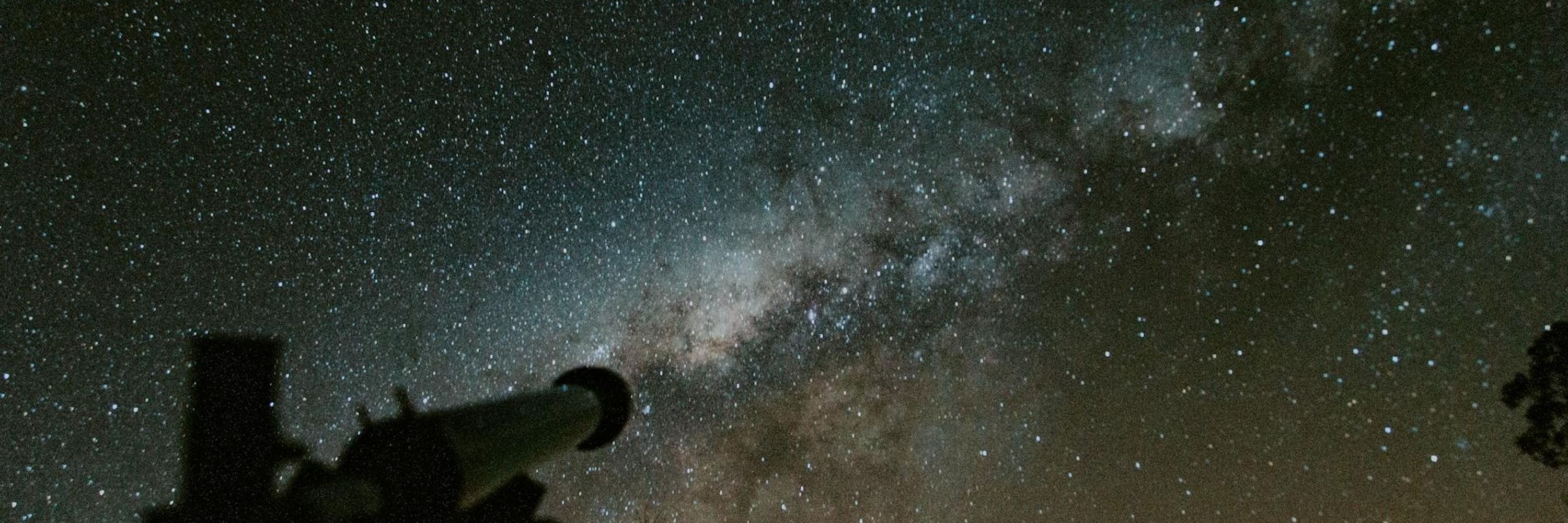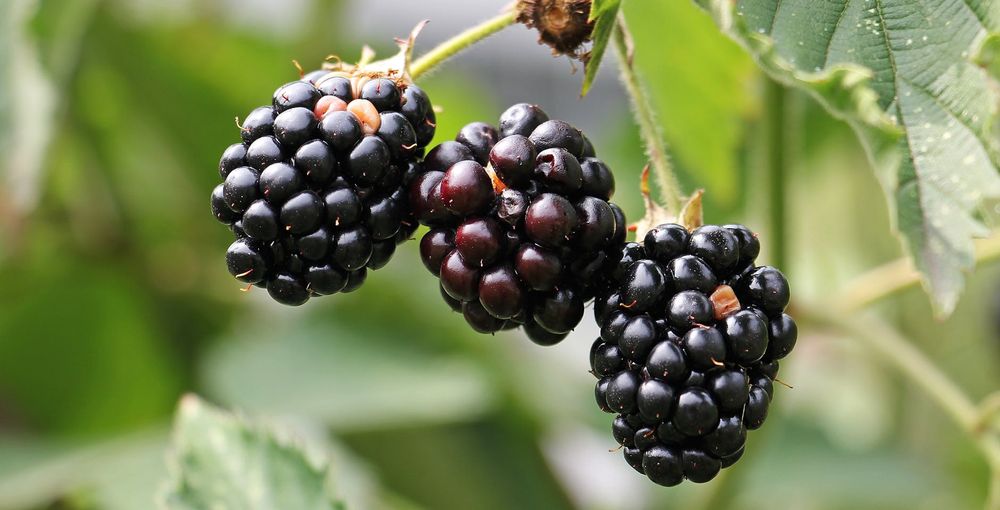Sean Duke
@sciencespinning.bsky.social
170 followers
170 following
57 posts
Science Journalist in Dublin, Ireland
Contributor to The Irish Times, Irish Independent, and Irish Examiner
https://seanduke.blog/
email: [email protected]
Posts
Media
Videos
Starter Packs
Reposted by Sean Duke
Sean Duke
@sciencespinning.bsky.social
· Aug 29

Irish scientist helps crack mystery of how humans came to stand on two legs
Human beings first developed the ability to stand on two legs following two critical evolutionary changes to the ilium in the upper part of the pelvis. This finding is reported today in top journal Nature by an international team including Niamh Nowlan, Professor of Biomedical Engineering, UCD and a Fellow of the Conway Institute on the Belfield campus. The ilium is the big, flared part of the pelvis that anchors the powerful gluteus maximus muscles that humans use to stay upright.
seanduke.blog
Sean Duke
@sciencespinning.bsky.social
· Apr 29

Irish-developed device to treat tinnitus ‘significantly’ reduces symptoms, clinical trial finds
A device developed in Ireland to treat the hearing condition tinnitus, which affects 15pc of all adults, has ‘significantly’ reduced people’s symptoms. “Many people experience short-term, or transient, tinnitus, after loud noise exposure at a concert or work,” said Dr Ross O’Neill – who received his PhD from Maynooth University - the inventor of the Lenire device. A US clinical trial of Lenire, involving 220 patients at the Alaska Hearing & Tinnitus Center, reported in Nature Communications Medicine found that 91pc of patients involved had a “clinically significant” reduction in their tinnitus after 12 weeks of treatment with Lenire.
seanduke.blog
Sean Duke
@sciencespinning.bsky.social
· Apr 28

The Firefighter With O.C.D. and the Vaccine He Believed Would Kill Him (Gift Article)
For years, Timmy Reen tried to hide his compulsions and rituals from everyone at his New York City firehouse — until his secret was forced out in the open.
www.nytimes.com
Sean Duke
@sciencespinning.bsky.social
· Apr 24
Sean Duke
@sciencespinning.bsky.social
· Apr 23

The brain remembers ‘cold experiences’ through physical and chemical changes – called engrams – that then tell the body to make more heat.
That’s according to new research published today in the journal Nature by an international team of scientists, including Professor Tomas Ryan, School of Biochemistry and Immunology at Trinity College Dublin and the Trinity College Institute of Neurosciences (TCIN). Prof Ryan has conducted previous research on how engrams – physical or chemical changes in brain cells – can create memories in the brain.
seanduke.blog
Sean Duke
@sciencespinning.bsky.social
· Apr 22

Hay fever and asthma sufferers face more severe symptoms due to agricultural fertilisers – study
Hay fever and asthma sufferers are likely to be enduring more severe symptoms at this time of year due to widespread use of nitrogen to fertilise crops in Ireland, according to a new study. Commenting on the report, published in The Lancet Planetary Health, leading pollen researcher Dr David O’Connor said increased nitrogen levels “lead to higher concentrations of allergenic pollen, exacerbating allergic reactions such as hay fever and asthma”.
seanduke.blog
Sean Duke
@sciencespinning.bsky.social
· Apr 17
Sean Duke
@sciencespinning.bsky.social
· Apr 16

Irish study to assess dementia risk from sports-related brain injury in 360 retired athletes
A study led by Trinity College Dublin (TCD) that aims to establish how sports-related traumatic brain injuries affect brain health in mid-life before dementia shows up has begun. Scientists including Lorina Naci, professor at the Dublin university’s school of psychology and the Global Brain Health Institute at TCD – the joint lead investigator of the study – have known from previous research that a sport-related traumatic brain injury (TBI) increases dementia risk in later life by between 3 and 15 per cent.
seanduke.blog
Sean Duke
@sciencespinning.bsky.social
· Apr 16

Call for urgent action as Asian hornets pose ‘grave threat to Irish bees and biodiversity’
Ireland must ramp up its biosecurity and surveillance measures to prevent invasive Asian hornets devastating bee populations across Europe, an expert has warned. Collie Ennis, biodiversity officer at Trinity College Dublin, said the insects were a “major threat to Irish biodiversity”, particularly our native bees and pollinators. “We need enhanced surveillance at ports, public awareness campaigns, stricter biosecurity and a formalised alert network.
seanduke.blog
Sean Duke
@sciencespinning.bsky.social
· Apr 15
Sean Duke
@sciencespinning.bsky.social
· Apr 14

Early human species lived across more of the world than was thought
An early human species – the Denisovans – who went extinct 25,000 years ago – lived across more of the world than was thought, according to new research by a UCD-based archaeologist. Meaghan Mackie, a third year PhD candidate from Canada who plans to stay in Ireland after conferral, analysed proteins taken from an ancient human skeletal remains found in Taiwan, and confirmed it was a Denisovan.
seanduke.blog














